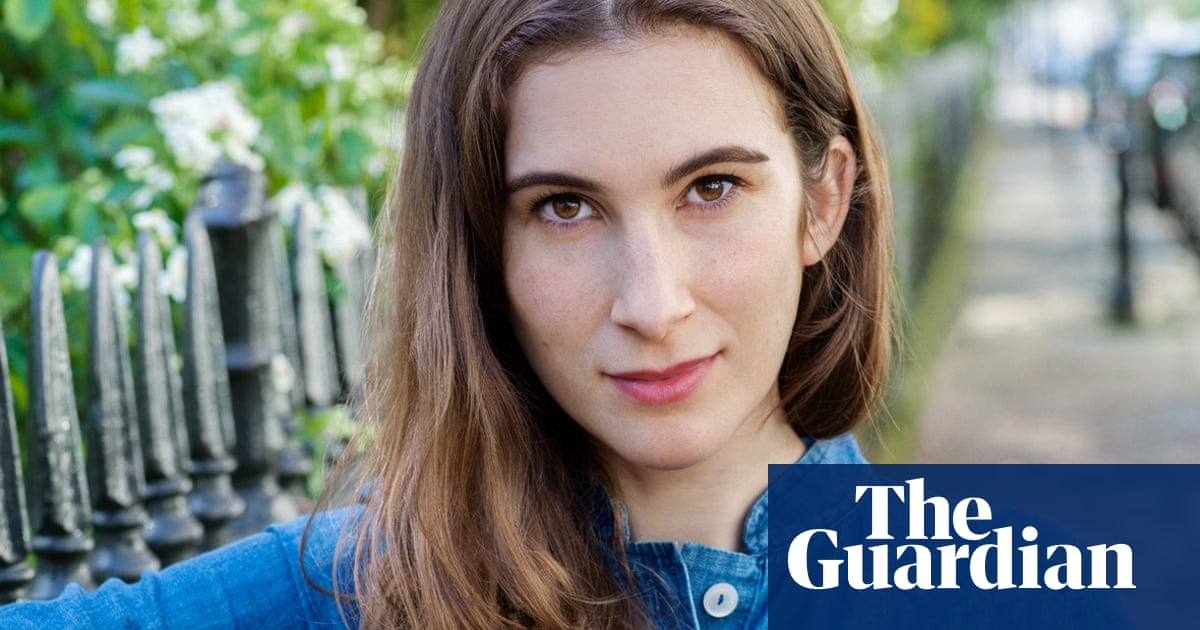
My earliest reading memory
The Brambly Hedge books by Jill Barklem were my first real loves; I was five. They left me with a lifelong yearning for punch made from crab apples.
My favourite book growing up
Charmed Life, by Diana Wynne Jones. She is, I think, one of the finest writers for children; her books are oxygenated by her refusal to talk down to them. You could recognise her voice at 50 paces. There’s a story that her publisher asked her to make significant changes to the book – she agreed, cut up the typed manuscript and taped it back together again, unchanged: they thanked her and said it was perfect. It always had been.
The book that changed me as a teenager
I fell in love with John Donne’s poetry as a teen. It felt like liberation. So many of the visions of sex and desire we were offered felt bewildering to me in their restrictive thinness. He was transformative: sexy, funny, wildly strange, galvanic in his refusal to bring anything less than his full intelligence to his days.
The writer who changed my mind
Nabokov with Pale Fire. I had not believed, until then, that footnotes could be so funny; that technical innovation could be such a source of joy.
The book that made me want to be a writer
I have no real memory of not hoping to be a writer; as soon as I understood that books were not grown from orchards of papery trees, it was what I wanted. But Philip Pullman’s Northern Lights shows what can be done with children’s fiction; how bold and sweeping it can be.
The book or author I came back to
I was too young when I first tried to read Toni Morrison’s Beloved. I returned to it as an adult; it’s my vote for the true great American novel.
The book I reread
Hilary Mantel’s A Place of Greater Safety. It’s not as consistent as the Cromwell trilogy, but the highs are even higher. I love everything she wrote, for its burning generosity; you could read this a dozen times and not come to the end of its originality, its moral intelligence, its gargantuan flair.
The book I could never read again
When I was a teen I was bewitched by Dickens; I loved the atmosphere he conjured, the feeling of licking the smog off the windows of London. I can still see that he’s a titan – but, like Oscar Wilde said: “One must have a heart of stone to read the death of Little Nell without laughing.”
The book I discovered later in life
I read The Count of Monte Cristo three years ago. It was like living for a week on champagne.
The book I am currently reading
James Baldwin’s The Price of the Ticket – the collection he built, two years before his death, of his essays from 1948-85. It’s staggering. It salutes Black Americans who “were compelled, indeed, endlessly to attack and condemn – and who yet spoke out of the most passionate love, hoping to make the kingdom new”.
My comfort read
When the world looks bleak and chaotic, I read Jane Austen’s Emma. It’s my favourite book. I’ve never ceased to find it perfect; so funny, so sharp, and every reading offers something new: a new patterning, a new joke. My party trick is that if you read me one line, I can usually tell you the next (this is not a party trick that is in great demand).
Super-Infinite: The Transformations of John Donne by Katherine Rundell won the Baillie Gifford prize for nonfiction. It is published in paperback by Faber.












